A. Mike Kitces has a very detailed article at Financial Planning magazine that analyzes the health care cost for people who plan to retire before Medicare.
If you plan to retire early but are concerned about health insurance cost, you need to read it.

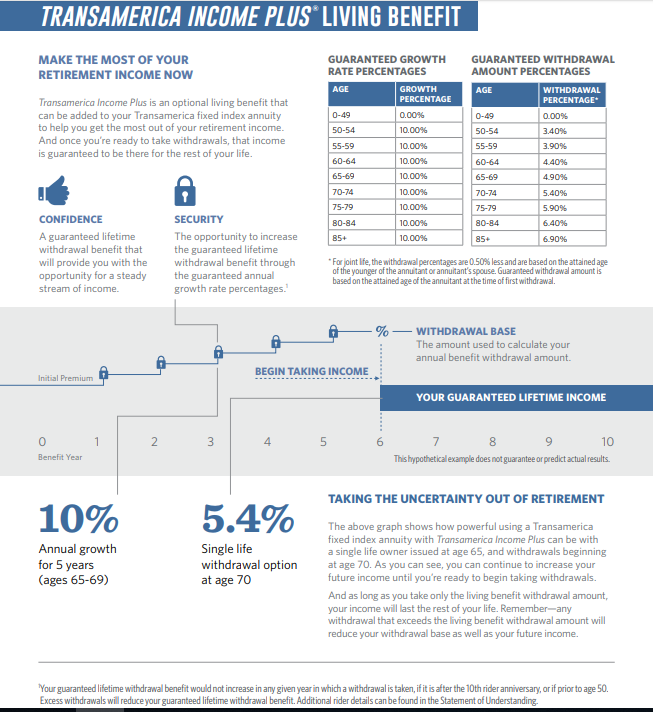
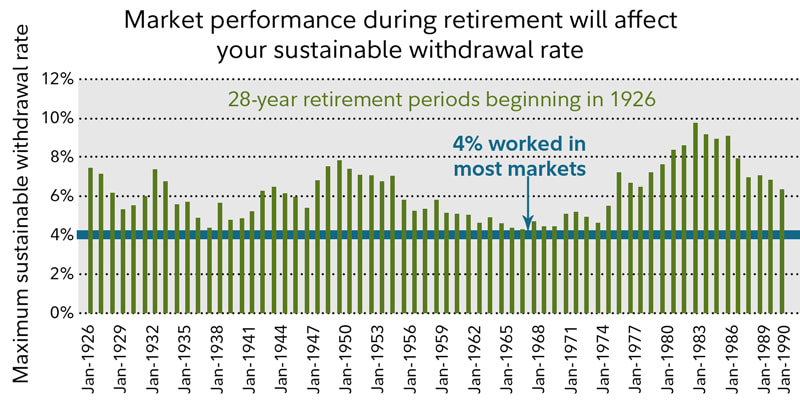
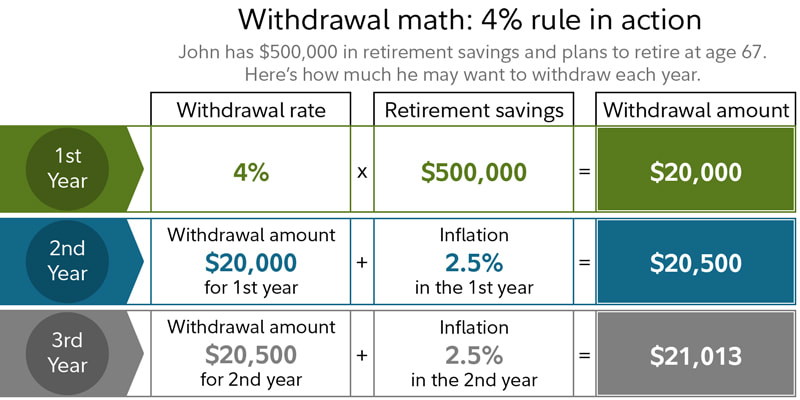
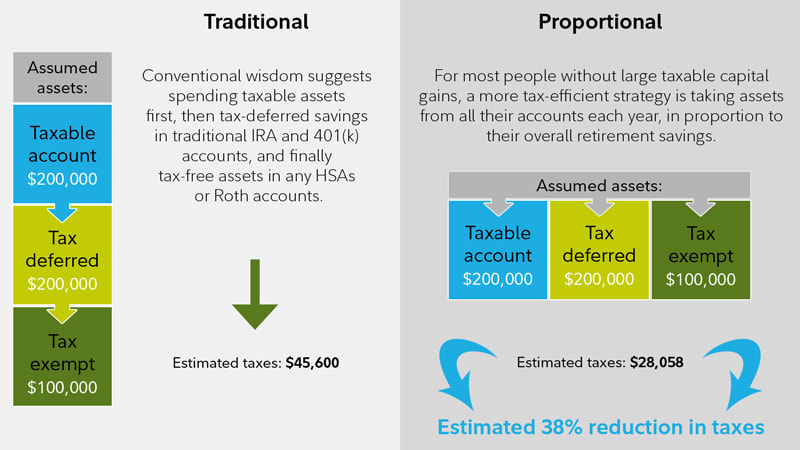
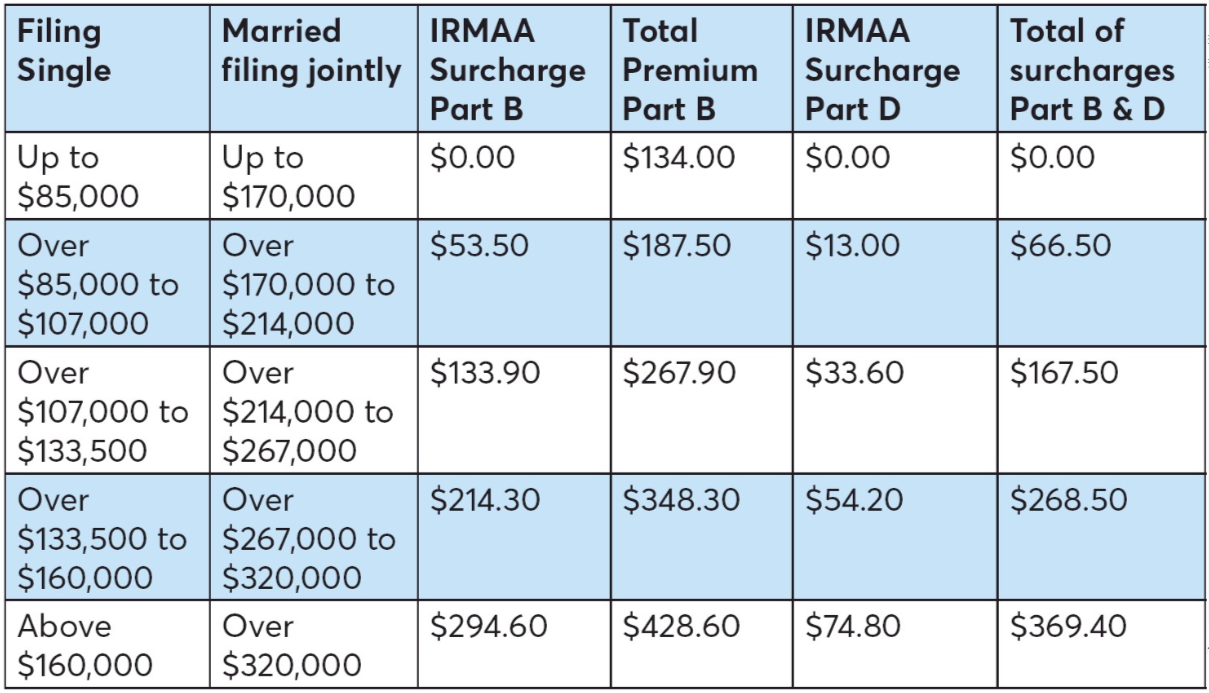

 RSS Feed
RSS Feed
